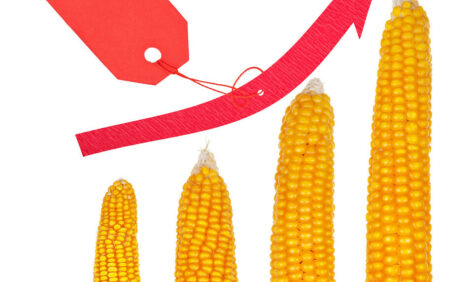



Further Decrease in Antibiotics Use Needed in Austrian Dairy Cows, Researchers Say
AUSTRIA - A new study looking at Austrian dairy cows showed they are much less frequently treated with antibiotics than poultry and pigs there, but improvements are still necessary.Antibiotics are vital for the treatment of bacterial infections in both human and veterinary medicine. Any antibiotic use, however, carries the risk of bacteria developing resistance to the drugs or that these resistant bacteria spread further, making infections more difficult to treat.
The study found that around 25 per cent of the antibiotics used were attributable to Highest Priority Critically Important Antimicrobials (HPCIAs), in particular to cephalosporins - broad spectrum antibiotics that are critical to human medicine.
Through the consumption of foods such as meat and milk, resistant bacteria could be transferred from livestock to humans. In veterinary medicine, these critically important antibiotics should therefore only be used to treat in individual cases, after confirmation of the diagnosis and according to strict limitations.
"However, the use of cephalosporins also has an economic background," explains first author Walter Obritzhauser. "Milk from cows treated with antibiotics is not permitted to be used for human consumption for a certain period of time." The length of this withdrawal period depends on the degradation of the active substance in the body of the cow. The faster a drug is removed, the shorter the prohibited milk period and thus the lower the monetary loss for farmers.
Certain veterinary medicinal products containing cephalosporins have very short withdrawal periods and are therefore often used for the treatment of respiratory and foot diseases, as well as for udder infections in dairy cows. The results of this study will help to critically assess the use of antibiotics, in particular the HPCIAs.
TheCattleSite News Desk


